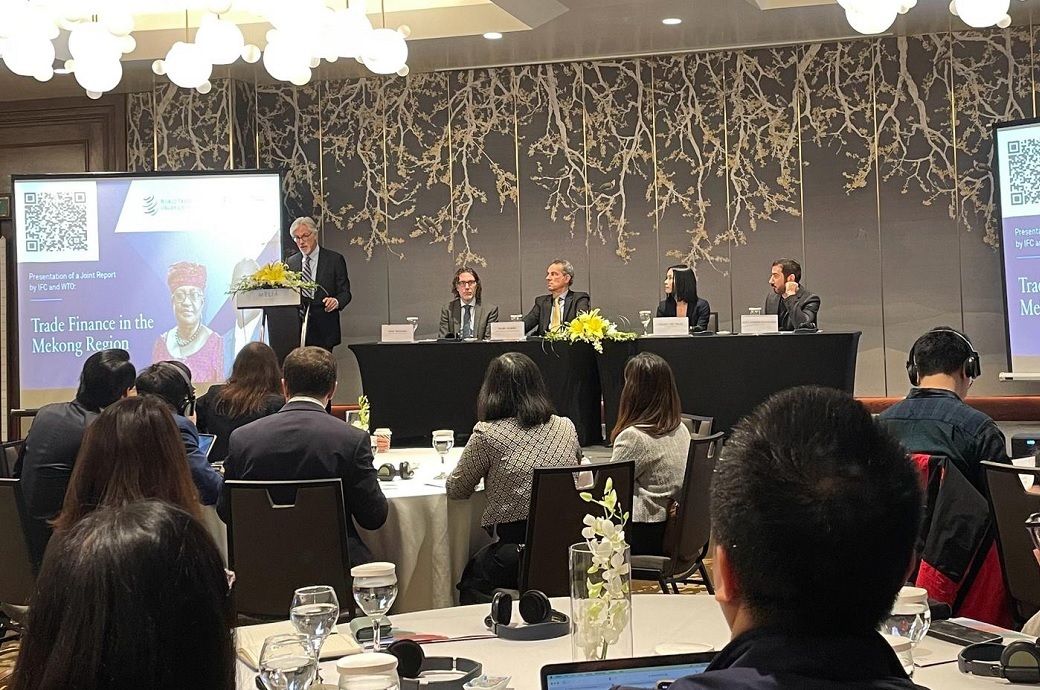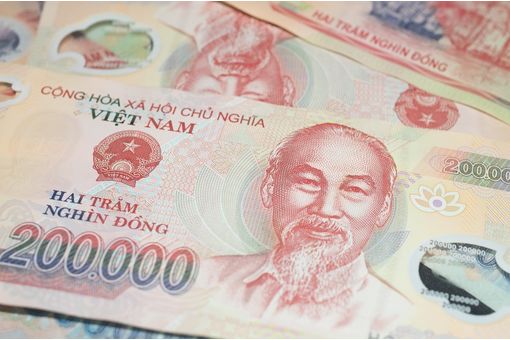Increased local trade finance in Vietnam can boost trade: IFC-WTO

Insights
- A study by IFC and WTO indicates that expanding access to affordable trade finance could elevate Vietnam's imports and exports by up to 6 per cent and 9 per cent, respectively.
- Despite a burgeoning trade landscape, local trade finance remains limited, hindering growth opportunities.
- The report advocates for regulatory enhancements and financial solutions.
The study—Trade Finance in the Mekong Region—a second in a series of regional trade finance surveys after West Africa, analyses the trade finance ecosystem in Vietnam, Cambodia, and Lao PDR and provides insights into how international trade can be increased with better support from financial institutions. According to the report, increasing coverage is more important than reducing the cost of trade finance.
As detailed in the report, local trade finance in Vietnam is scarce, costly, and segmented, offering just traditional services. In 2022, domestic banks supported only 21 per cent of the country's total merchandise trade of $731 billion. Notably, banks are more likely to support local enterprises engaged in intra-regional trade than large multinationals engaged in global trade. The subsidiaries of multinationals in high-growth, high-value sectors such as electronics and garments rely less on local bank-intermediated trade finance.
"Since local trade finance in Vietnam is currently concentrated in domestic manufacturers, greater coverage of local trade finance will not only help improve the competitiveness of Vietnamese importers and exporters but more importantly, will boost production, deepen global supply chain integration and spread the benefits of trade more evenly across local producers," said Thomas Jacobs, IFC country manager for Vietnam, Cambodia and Lao PDR.
Importers and exporters cited high collateral requirements and onerous application processes among the main reasons why they did not seek support from local banks. On the supply side, Vietnamese banks rejected an average of 12 percent of trade finance requests – mainly from small and medium enterprises – accounting for around $20.3 billion in unmet demand in 2022. Rejections are attributed to a lack of collateral and high credit risk.
The report recommends developing instruments like supply chain finance and innovative digital offerings to reduce costs and improve access. This would in turn require stronger regulatory frameworks that address collateral requirements, digital transactions, central bank conditions and accountability frameworks. The report also recommends increasing awareness of how to access trade financing among smaller firms and local suppliers.
Fibre2Fashion News Desk (KD)
































-Ltd..jpg?tr=w-120,h-60,c-at_max,cm-pad_resize,bg-ffffff)





.jpg?tr=w-120,h-60,c-at_max,cm-pad_resize,bg-ffffff)
.jpg?tr=w-120,h-60,c-at_max,cm-pad_resize,bg-ffffff)






